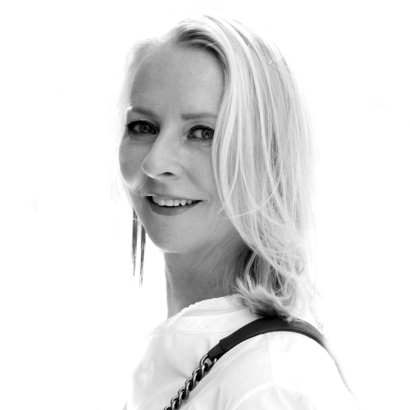The other night at dinner, I was explaining the concept of active listening to my friends Brooke and Dan. “Oh, you mean when you—” Dan started, and before he could complete the sentence, I jumped in with “Yes! Exactly! When you listen without interrupting or offering advice.”
That, I might add, is not active listening.


